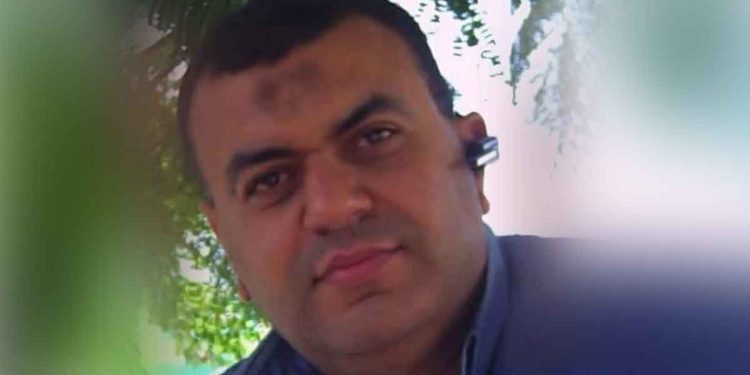Egyptian political detainee Yasser Khashab, from Damietta Governorate, has died in the newly built Wadi al-Natrun prison following a prolonged battle with heart disease. His death comes amid serious allegations of deliberate medical neglect and repeated refusal to transfer him for appropriate treatment despite the critical deterioration of his health.
Khashab suffered from a chronic heart condition and had been in urgent need of open-heart surgery for over two years. However, prison authorities consistently rejected his transfer to a specialised hospital, citing the existence of an internal medical facility within the prison complex.
Fellow detainees describe this facility as lacking even the most basic standards of medical care, referring to it informally as the “death clinic” due to the number of heart patients who have died after being admitted. They report poor treatment from medical staff and intentional neglect, making the centre a place of slow demise rather than healing.
In a rare development, prison administration reportedly acknowledged medical failings, stating that doctors had refused to carry out their duties despite the worsening conditions of numerous inmates, particularly those with chronic illnesses such as heart and liver disease. This admission underscores a deepening medical and humanitarian crisis within Egypt’s prison system.
After a rapid deterioration in his condition, Khashab was transferred to Qasr Al-Ainy Hospital. However, he died before receiving any actual medical intervention.
For years, Egyptian prisons have been plagued by systemic deficiencies in healthcare provision, which human rights groups identify as a major form of abuse against political detainees. Medical neglect has led to the deaths of dozens of prisoners, amid a documented pattern of withholding treatment and denying hospital transfers for those in critical condition.
Article 55 of the Egyptian Constitution stipulates that anyone detained must be treated in a manner that preserves their dignity, and that detention should only occur in facilities that meet health standards. Both national and international laws obligate detention authorities to ensure healthcare for prisoners. However, the reality within Egypt’s prisons demonstrates a severe departure from these obligations, with a near-total absence of accountability or independent investigations into custodial deaths.
The death of Yasser Khashab once again highlights the urgent need for comprehensive reform of Egypt’s penal and justice systems—beginning with an immediate end to medical neglect and holding those responsible to account.


























